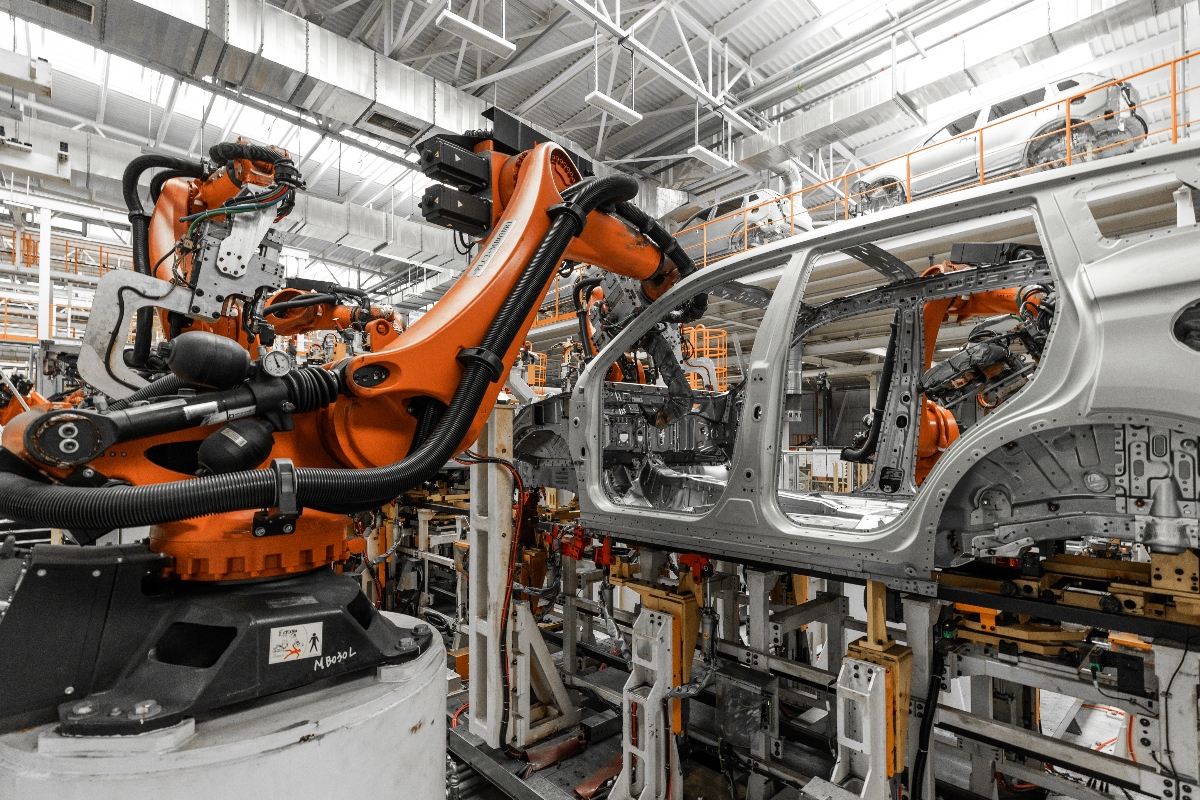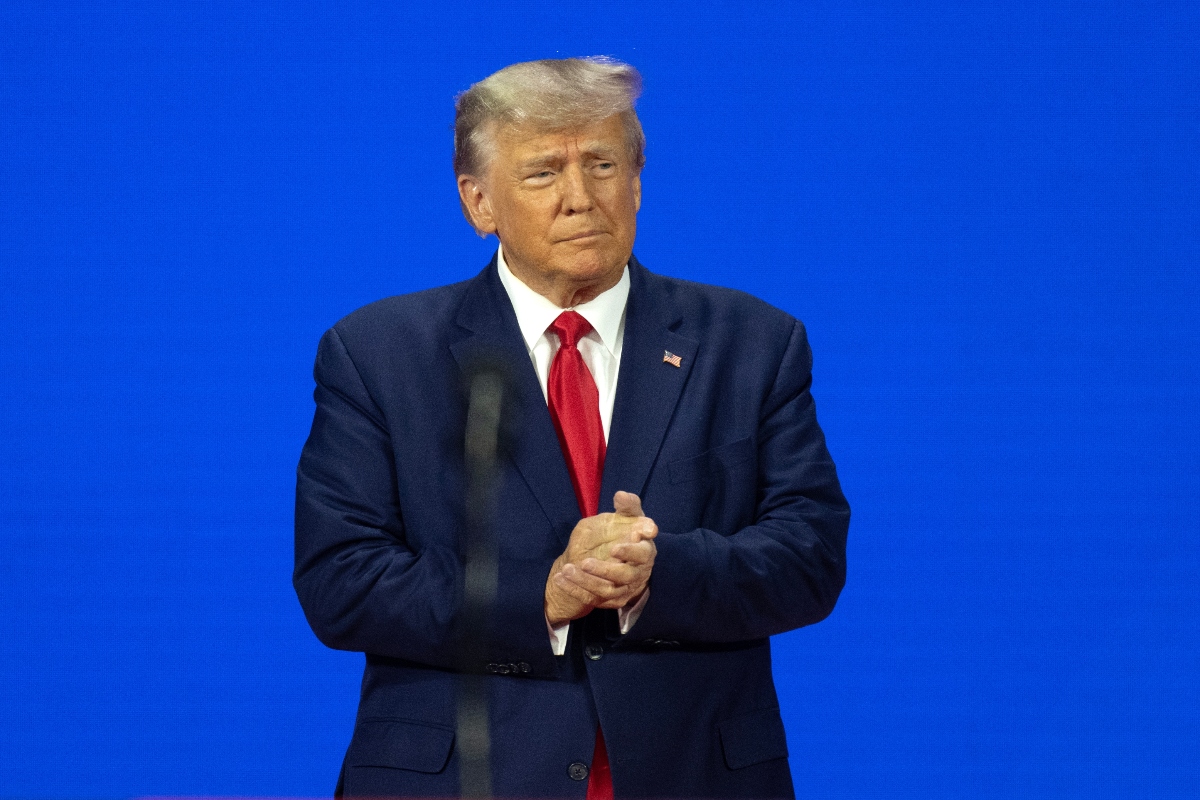President Donald Trump’s recent imposition of 25% tariffs on imported vehicles and auto parts has raised concerns in the U.S. auto industry.
Although the measure seeks to encourage domestic production, experts warn of possible increases in vehicle prices and a slowdown in sales.
Price impact

The automotive industry has already experienced significant price increases due to post-pandemic inflation.
Vehicle and parts prices have risen by 20%, and insurance costs by more than 60%.
With the implementation of the new tariffs, it is estimated that vehicle prices could increase between $10,000 and $20,000.
This would directly affect consumers by increasing auto loan delinquency rates.
Industry reactions

Despite his critical stance toward Trump, United Auto Workers(UAW) union president Shawn Fain has endorsed the tariffs.
He suggests that they could bring manufacturing jobs back to the U.S. in short order.
However, he emphasizes that these jobs must be unionized to ensure fair working conditions.
Experts warn of possible increases in vehicle prices
QueOnnda.com
On the other hand, manufacturers such as General Motors, Toyota and Volkswagen express concern about the increase in costs and the possible reduction in vehicle sales in the country.
John Bozzella, of the Alliance for Automotive Innovation, points out that, although the aim is to increase domestic production, relocating plants and supply chains is not a simple or quick process.
Government response

President Trump has downplayed concerns about rising prices.
He claims that if foreign manufacturers raise their prices, consumers will opt for U.S.-made vehicles.
However, analysts anticipate that even domestic manufacturers could be forced to raise prices due to the increase in the cost of imported auto parts, which could raise automobile prices by 11% to 12%.
In addition, these tariffs are expected to generate $100 billion in revenue over the next year, according to the White House.
However, the measure could negatively affect consumers and the economy in general, especially considering the possibility of higher inflation and the reaction of the financial markets.
For more information, visit QueOnnda.com.























